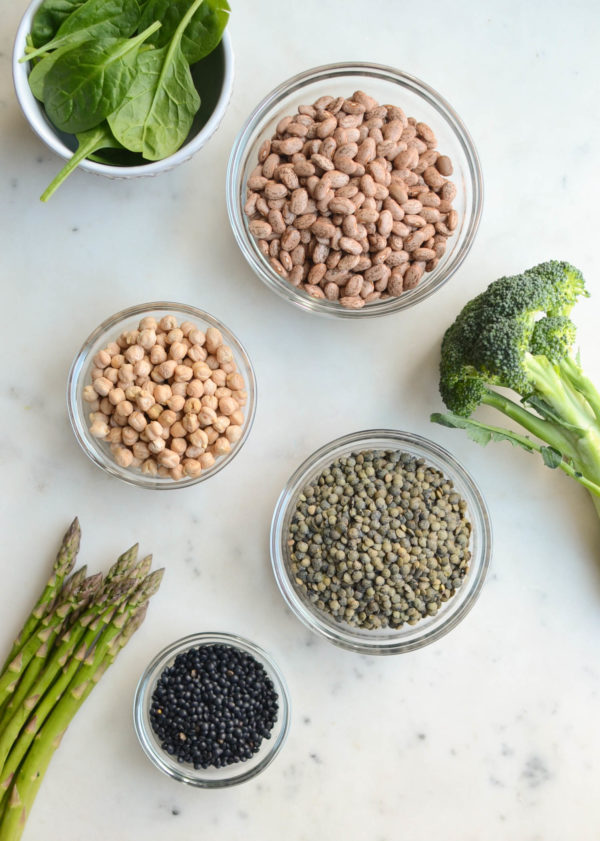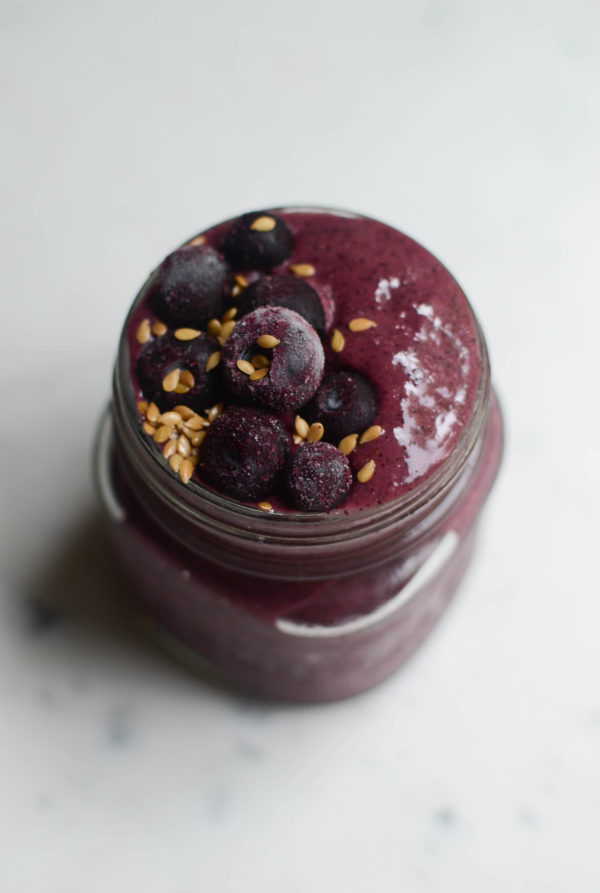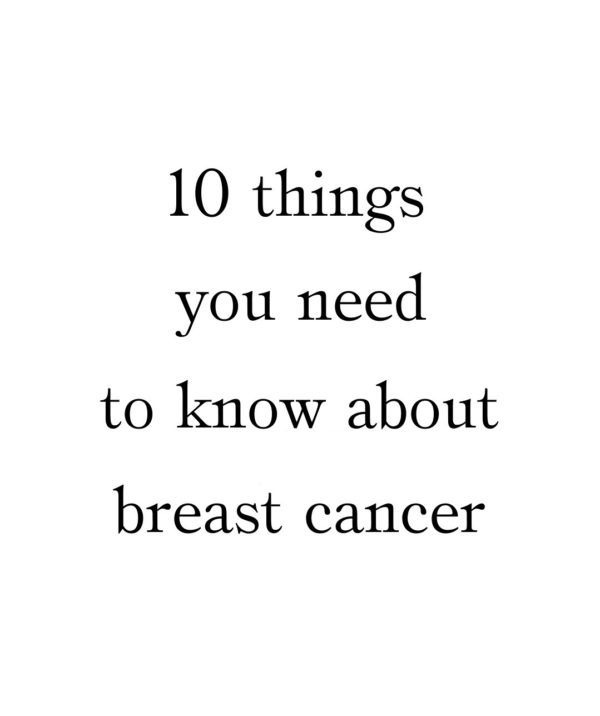-
 joyfalzone
joyfalzonewhy i don’t take a folic acid supplement
No CommentsRead moreOne of my readers recently asked me if I have taken a folic acid supplement throughout all my pregnancies and the answer will probably surprise you. I have talked about this topic before in my post on supplements, but I figured I would go a little more into depth for those of you interested. Folate is found in plants. Folic acid is the synthetic form, and is chemically different than folate, is found in supplements and fortified foods and is twice as absorbable by the human body compared to natural folate. Folate is essential in the folding of the neural tube which is a precursor to the brain and central nervous system in a growing embryo. This happens in the first 3-4 weeks of pregnancy, probably before you even know you are pregnant, which is why it is so important to have adequate intake prior to pregnancy. As most of you probably know, insufficient folate can have devastating effects on a pregnancy, leading to birth defects. However, synthetic folic acid, found in most prenatal and multi-vitamin supplements is linked to increased risk of breast and colon cancers. A 2011 meta-analysis of six folic acid supplementation trials found that the incidence of cancers was 21 percent higher in the folic acid supplementation groups than control groups.
00 -
 joyfalzone
joyfalzoneblueberry oat smoothie
No CommentsRead moreSmoothies are my favorite breakfast or quick snack in the summer! There are endless possibilities and they are refreshing and help keep you hydrated. Since it’s blueberry season on the east coast, I’m sharing one of my favorite blueberry smoothies that I keep in rotation.
-
 joyfalzone
joyfalzone10 things you need to know about reducing your risk of breast cancer
No CommentsRead moreBreast cancer sucks, and today I am sharing some easy ways we as women can reduce our risk of developing breast cancer (among other cancers). It is the second leading cause of death in American women and is affecting women at a younger age and becoming more virulent. I feel the most important thing we can do is to educate women on what they can do reduce their risk, how to suppress the genetic disposition to breast cancer, and for women who’ve already beat it, how to reduce their risk of recurrence. Most of us probably know the bad habits that increase risk like drinking alcohol daily, smoking, taking prescription medication regularly, and eating processed food/sugar and large amounts of animal products. Instead I want to focus on some steps we can take that may be a little less well known.
Posts tagged with ‘breast cancer’
hello wholefoods > breast cancer
